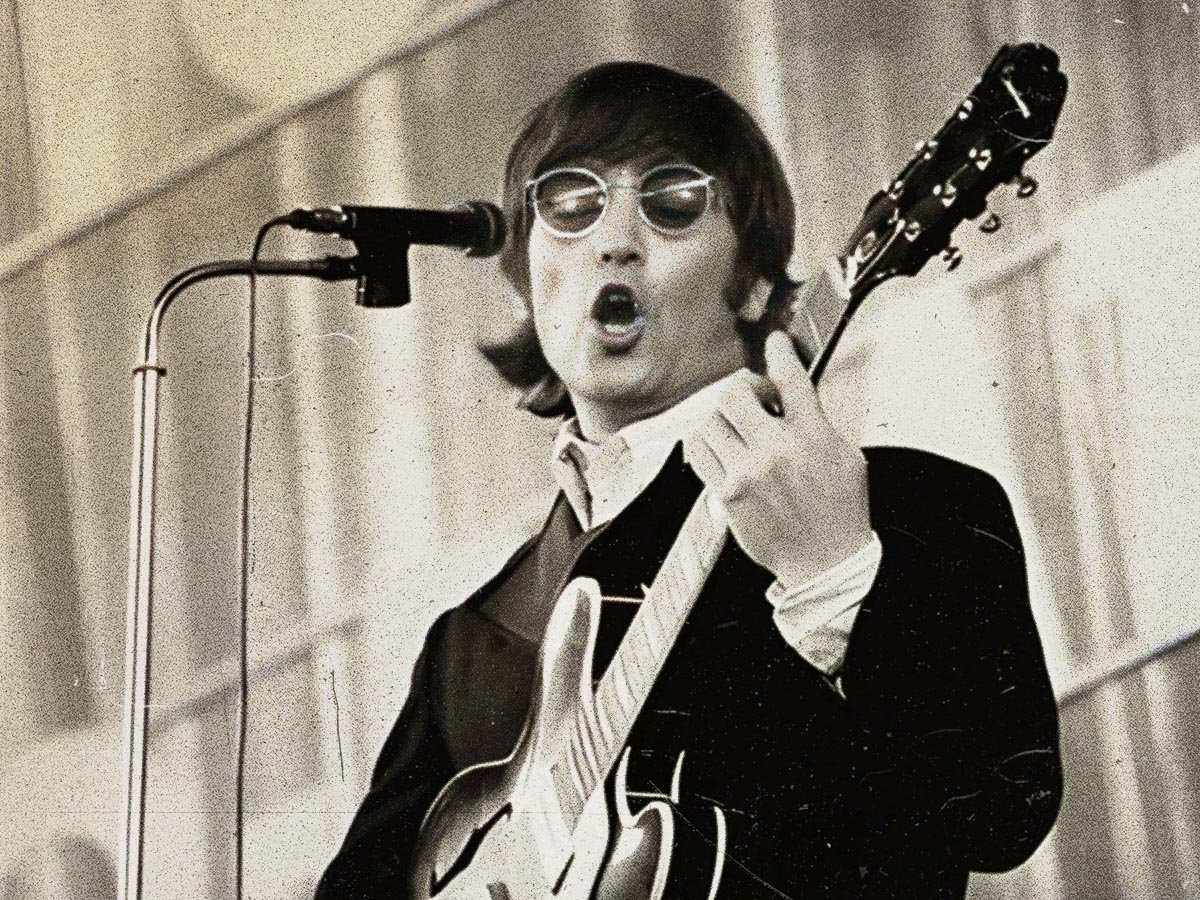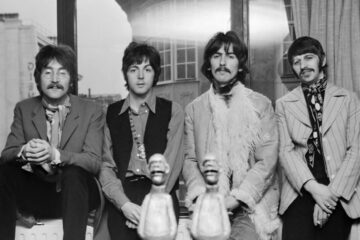When you truly pore over the annals of The Beatles, it becomes clear that away from the music, John Lennon had a truly peculiar role within the band. The star was a psychologist’s dream, and one thing he evidently struggled to deal with was praise. In some ways, you sense that he was constantly trying to ward off mainstream adulation, gunning for a more divisive indie appraisal from the masses.
However, this simultaneously collided with a considerable ego, thus the evident solution was to deride the work of his fellow band members on the odd occasion to drum up a sense of cool indifference. Contrastingly, it also has to be noted that trying to create some distance between yourself and the hysteria surrounding you was a very natural move. Paul McCartney was even trying to do the same in a creative sense.
As Lennon explained: “As I read the other day, [McCartney] said in one of his ‘fanzine’ interviews that he was trying to put some distance between The Beatles and the public — and so there was this identity of Sgt. Pepper.” In this way, the concept album arose from The Beatles’ own desire to seek some escapism in a manufactured fantasy.
However, like many fantasies, there were notable plotholes in the eventual work. “Intellectually, that’s the same thing he did by writing ‘He loves you’ instead of ‘I love you,’” Lennon continued in the book book All We Are Saying: The Last Major Interview with John Lennon and Yoko Ono. “That’s just his way of working. Sgt. Pepper is called the first concept album, but it doesn’t go anywhere.”
While the record might have been lauded as a masterpiece by, well, just about everyone was even clear-eyed over a decade later about his thoughts on it. In fact, he even hinted with a dash of bitterness that they ‘got away with it’ because of the pedestal that they had been placed on. “All my contributions to the album have absolutely nothing to do with this idea of Sgt. Pepper and his band,“ he explained, “but it works ’cause we said it worked, and that’s how the album appeared.”
Concluding that beyond the cover and a few little narrative flourishes, the album barely constituted a concept record at all. ”It was not as put together as it sounds,” he said, ”except for Sgt. Pepper introducing Billy Shears and the so-called reprise. Every other song could have been on any other album.”
To some extent, that’s true, aside from the nebulous tie that the record put culture at large under the microscope. However, the sense of a concept wasn’t the only reason it was lauded, and it suited Lennon to let that fact go amiss during his retrospective take. As ever, he cunningly played with how he became the mouthpiece that reframed his own legacy as an artist. While that might not have always been believable, it was always interesting.



